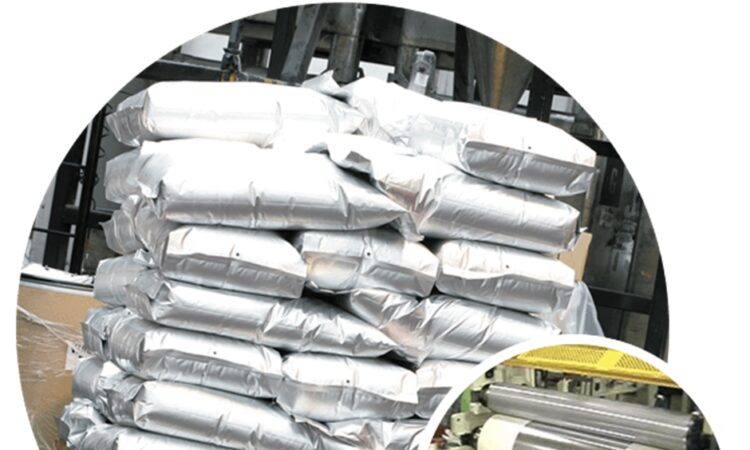
Introduction:
In the world of industrial applications, the choice of packaging is more than just a matter of convenience; it’s a critical decision that can impact the safety, efficiency, and success of operations. Heavy-duty bags are indispensable tools in various industrial sectors, offering strength, durability, and protection for a wide range of materials and products. In this article, we will guide you through the process of selecting the right heavy-duty bag tailored to your specific industrial needs.
- Material Matters
The choice of material is paramount when selecting a heavy-duty bag. Different materials offer varying degrees of strength, durability, and resistance to environmental factors. Consider the following options:
- Polyethylene: Ideal for moisture resistance and strength, making it suitable for applications where protection from the elements is crucial.
- Polypropylene: Known for its chemical resistance, making it suitable for handling hazardous materials or chemicals.
- Nylon: Offers exceptional strength and tear resistance, often used for heavy or sharp-edged objects.
- Burlap or Canvas: Natural fibers like burlap or canvas are biodegradable and suitable for certain agricultural and eco-friendly applications.
- Bag Style and Design
The style and design of heavy-duty bags should align with your specific industrial needs:
- Open-Top Bags: Ideal for quick loading and unloading of bulk materials or products.
- Valve Bags: Equipped with a valve for precise filling, often used for fine powders or granular materials.
- Pallet Covers: Designed to protect materials on pallets during transportation and storage.
- FIBC (Flexible Intermediate Bulk Container) Bags: Known as “big bags,” these are suitable for transporting and storing bulk goods such as sand, gravel, or chemicals.
- Weight Capacity and Load-Bearing Capacity
Consider the weight capacity and load-bearing capacity required for your industrial application. Heavy-duty bags come in various weight ratings, so it’s essential to choose one that can safely and reliably carry the materials or products in your operations.
- Environmental Conditions
Evaluate the environmental conditions in which the heavy-duty bags will be used. Factors to consider include:
- Moisture and Water Resistance: If your materials need protection from moisture or rain, select bags with appropriate coatings or liners.
- UV Resistance: For outdoor storage or transportation, UV-resistant bags are essential to prevent damage from prolonged sun exposure.
- Chemical Resistance: If handling chemicals, choose bags that are chemically resistant to prevent leaks or contamination.
- Closure Mechanism
The method of closing the heavy-duty bag is critical for securing the contents and maintaining their integrity. Closure options include zippers, ties, adhesive seals, and more. Choose a closure mechanism that aligns with your storage and transportation needs.
- Compliance and Safety
Ensure that the heavy-duty bags you select comply with industry and safety standards relevant to your application. This is especially crucial when handling hazardous materials or products subject to regulatory requirements.
Conclusion
Selecting the right heavy-duty bag for your industrial needs is a decision that should be based on a thorough assessment of your specific requirements. From material choice to design, weight capacity, environmental considerations, closure mechanisms, and compliance, every detail matters in ensuring that your heavy-duty bags effectively protect and transport your materials or products. Making the right choice not only enhances operational efficiency but also contributes to safety and product integrity in your industrial processes.
